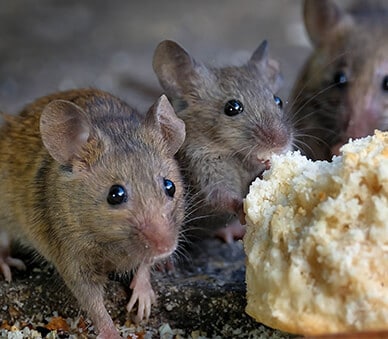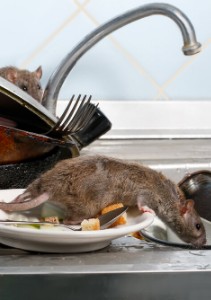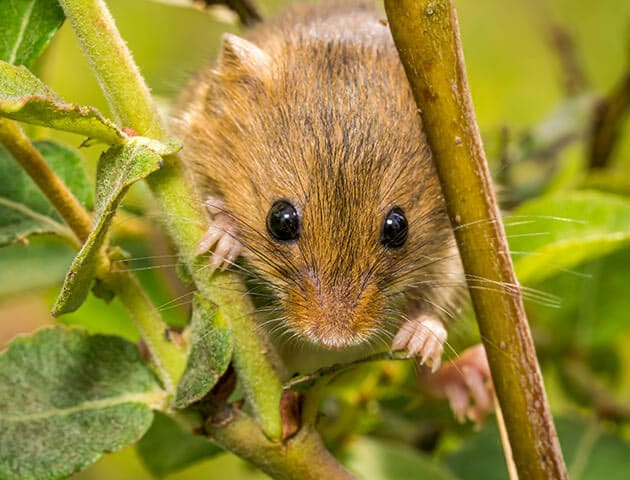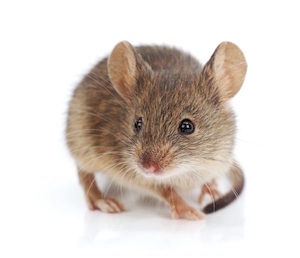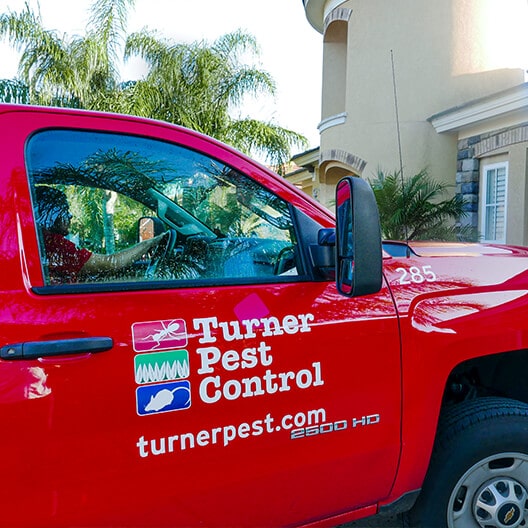FAST, EFFECTIVE EXTERMINATION OF MICE AND RATS
When you have rodent trouble, a solution can’t wait.

WE PUT AN END TO RAT OR MOUSE PROBLEMS IN YOUR MELBOURNE HOME.
Our comprehensive Melbourne pest control services include rodent control that solves your immediate problem and helps prevent new infestations. If you’ve spotted even one rat or mouse in your Melbourne home, don’t wait to schedule an appointment for a free rodent control estimate from our specialists!
Experienced rat and mouse exterminators
Our technicians are well-trained in the latest and most effective rodent extermination methods. After assessing the rodent issues you may have, we develop a customized plan and provide a detailed written estimate for our services. When you choose Turner Pest Control to get rid of rodents, we get right to work, locating all of the openings they use to enter your home and the places where they nest. Our services include setting traps for your specific problem, using bait stations, and more.
What you should know about rodents
Rats and mice are more than just unpleasant nuisances—they can affect your health and even damage your property. Here are the basic facts about rodents and what you can do to help keep them away.
Know the signs: Rodents rarely come running through the middle of a room, preferring to stay as well hidden as possible. That’s why it’s important to be able to recognize the telltale signs that rats or mice are moving through your home:
- You may be able to hear scratching or squeaking sounds within walls, and the sound of their feet scurrying, especially during nighttime hours.
- You may notice gnaw marks or signs of chewing on the things they like to eat or sharpen their teeth on, such as cardboard, wood, and packaging.
- Rodents love attics, where they can move and nest undisturbed. Check the insulation in your attic for signs that rodents have been walking on or in it.
- Rats and mice will use almost anything to build their nests, but they do have some preferred materials, including fabric, the stuffing from pillows and furniture, and paper or cardboard that they’ve shredded. Look for even small piles of torn or shredded material.
- Rodents will leave droppings everywhere they go, but since they tend to hide out, you may have to look closely for droppings. Check behind and beneath appliances, under kitchen and bathroom sinks, and inside kitchen cabinets and other areas where food is stored or water accumulates.
- With their sharp teeth, rodents can chew their way into the places they want to go. Look for holes in materials such as drywall, which rats or mice may be using to gain access to other rooms.
What you can do to keep them away: Even the most well-kept homes can be vulnerable to a rodent infestation. The good news is that there are many steps you can take to make sure your home is not hospitable to mice or rats:
- The first and most important thing you can do is a thorough inspection of your home to locate as many potential entry points as possible. Keep in mind that rodents—especially mice—can make it through very small openings, so closely inspect the places where plumbing pipes, cables and utilities come into your home. Smaller holes can be sealed up by stuffing steel wool into them; large openings should be filled with cement or plaster.
- Keep your home as free from food and water sources as possible. That means keeping food containers tightly sealed, wiping up crumbs and spills, and preventing water from standing anywhere indoors. Check faucets for drips and interior pipes for leaks under kitchen and bathroom cabinets.
- Inspect door and window screens to ensure they’re sealed up tight. Add or replace weather stripping around doors and windows.
- Locate potential nesting sites around your yard. Avoid letting mulch pile up next to your outside walls and store firewood well away from your house.
- Rodents will take the easiest ways in, so don’t provide access to your house via branches or shrubs that touch or come very close to your exterior walls.
- Keep a tight lid on all outdoor garbage cans.
- If you have outdoor pets, make sure their bowls of food and water are emptied every night.
- Bird feeders are a prime source of food for rats and mice. If your home is currently being treated for a rodent infestation, empty and remove feeders until the infestation is gone.
Know the dangers: Mice and rats are known carriers of more than 30 diseases that can be directly spread to humans through coming into contact with dead or live rodents or their bodily fluids and through bites. Some diseases may be spread indirectly through parasites and insects that have fed on a disease-infected rat or mouse. Diseases associated with rodents include hantavirus, pulmonary fever, trichinosis and salmonellosis.
In addition to the health dangers, mice and rats can damage your home and property. They will nest in the engine compartment of your car and chew through its wiring, and may even pose a fire danger by chewing through the electric wires in your home. In extreme cases, they may even compromise your home’s integrity as they gnaw on wood beams and joists.
WHAT TO KNOW ABOUT RODENTS
Some household pests are just annoying, but rodents pose a number of threats that make professional extermination a must.
DANGERS
Rodents can carry diseases that can be contracted by having contact with their feces, saliva, urine, or bodies, or by being bitten. They also indirectly spread disease through insects that have fed on them.
DIET
Mice and rats will eat any type of food they find. While they don’t consume wiring or wood, they chew them to sharpen their teeth or create nests. Chewed wiring in your home or vehicle can lead to a fire.
INFESTATION SIGNS
Even if you don’t see a rodent, you may see their signs: droppings along baseboards, in boxes, or where food is stored or prepared. You may see damage they’ve done to food packaging or hear them moving around.
PREVENTION
Keep rodents away by taking away their access to your food—store food in sealed containers that rodents can’t chew through. You should also find and eliminate their entry points, even those as small as a quarter of an inch.
EXTRA PROTECTION
Contact Turner Pest Control for premier rodent control and prevention
Melbourne Rodent Control FAQs
Don’t see your question answered? Get in touch today!

